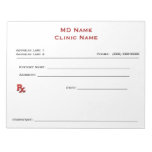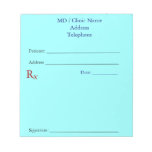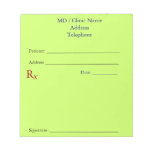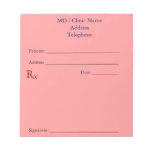According to research conducted by Stanford University’s Center for Compassion and Altruism Research and Education, patients are more than twice as likely to listen to their physician when he or she is a good communicator. In addition, patients who experience compassionate care are more likely to divulge important information to their clinicians, making diagnosis more accurate, the research found.
Unfortunately, though once viewed as the core of every patient encounter, basic communication seems to have fallen by the wayside in favor of the rapid adoption and integration of health IT. In many practices, data entry trumps patient relations.
“We’ve had a lot of external forces that have pushed us into the technical realm of delivering healthcare and taken us away from the cultural piece that’s so critical,” says Williams Maples, MD, executive director and chief experience officer of the Institute for Healthcare Excellence(IHE) and CMO of Professional Research Consultants. “We’ve migrated away from the practice of medicine that truly embraces the relationship between physicians and patients.”
Maples says this migration has occurred primarily because of a reimbursement system that rewards technological competencies as well as the volume of visits and/or procedures rather than the ability to create effective and meaningful relationships with patients.
“But when you do the communication work—and then you start to layer on all of the other things that help with the technical delivery of medicine and the efficiency and re-engineering—that’s when you really start to see dramatic improvements,” he says.
Exactly how can physicians improve their communication skills? Maples provides the following eight strategies:
- Think of your most meaningful connections. When you were most afraid or particularly vulnerable, who helped sooth you and how? How did this individual communicate in terms of inflection and style? What did he or she say? This is the type of connection that many patients want.
- Be present. Focus directly on the patient—not the EMR, a clipboard, a phone, or a pager. The patient deserves your full and complete attention during the visit.
- Listen and gather as much information as possible from the patient. Let the patient tell his or her story completely. Make time for the patient to ask questions before the end of the visit.
- Connect with the patient. Recognize the emotion in the room, and respond appropriately. For example, if your patient discloses frustration with his or her weight gain, validate that frustration and work collaboratively to problem solve without judgment.
- Show appreciation. Did the patient meet a goal? Work hard on something? Share a personal detail? Thank the patient for being vulnerable and/or communicating with you.
Remember that good communication doesn’t equate to longer communication. It’s about the quality—not duration—of time you spend with patients. “So often, clinicians say ‘That’s great, I can do all of that if you give me another 30 minutes,’” says Maples. “My response to that is that it doesn’t need to take longer. Once you master these skills, you can have a meaningful connection even if you only have five minutes or less to spend with a patient.”
Educate all members of the clinical team. “It’s important to teach these skills in medical school, but more importantly, we need to get these skills into the hands of senior staff,” says Maples. “Young physicians leave medical school with a pretty high level of empathy and ability to connect emotionally. We quickly mentor these skills out of young physicians entering the profession. To have a sustainable effect, these skills must be introduced to every single member of the medical team.”
Always strive for improvement. Not every conversation will be perfect. “It’s a lifetime career journey,” says Maples.




No comments:
Post a Comment